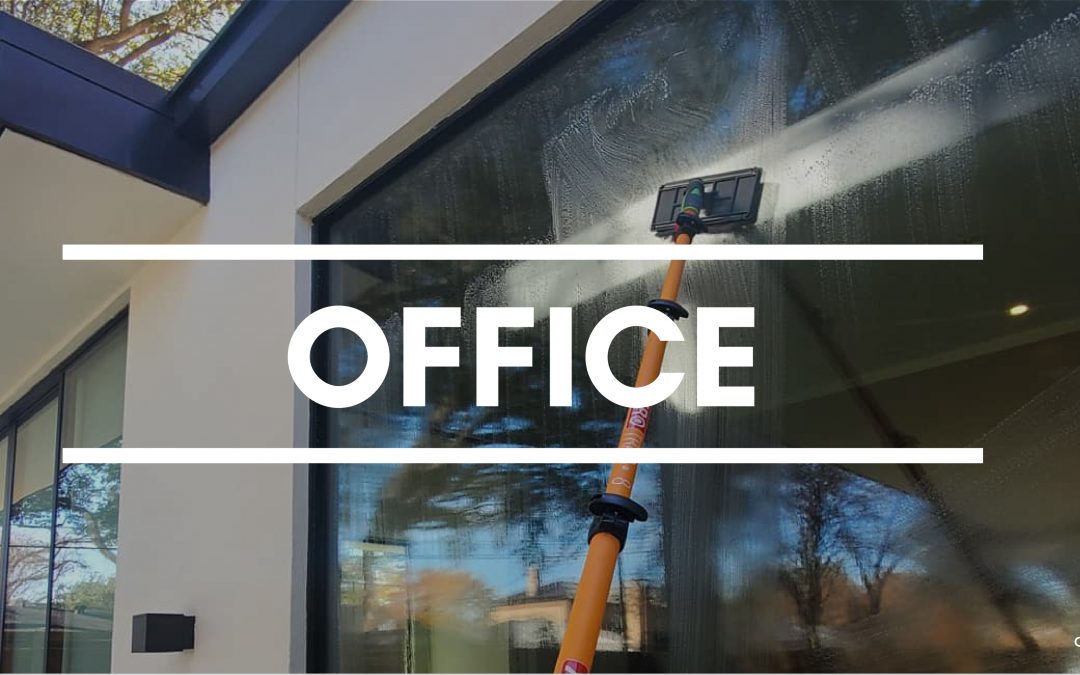As we stumble our way into 2021, what ought to be a more promising year than the last (or at least we hope), we start hearing the rumblings of industry peers building out their budgets for 2021. After a year like 2020, though, it begs the question, “What is the point of all this?” As Mike Tyson put it, “Everyone has a plan until they get punched in the face”. There is no doubt that 2020 punched us all in the face, and some of us excelled throughout the madness while others saw their business take a step back. In either case, surely nobody that had a budget stayed in lock step with it. So, why even bother? Is it all just a big waste of time to layout a plan that tries to predict a wildly uncertain future?
The short answer is, YOU NEED A BUDGET. Here’s why, and here’s how you are going to do it with very little effort.
1 – IT’S WHAT SUCCESSFUL COMPANIES DO, AND YOU WANT TO BE SUCCESSFUL

Credit: Ryan Bollhorst
The biggest and best companies in the world spend months building and refining budgets for the next quarter, the next year, the next 3 years, and the next 5-10 years. Even companies like Amazon and Tesla, who are continually entering new markets and throwing money at new opportunities they could have never predicted (or did they?) have teams of people that are solely on the payroll for predicting and tracking their numbers. It is no accident that the companies growing the fastest and doing the biggest things in the market spend numerous resources both in time and in money to make their best prediction of the future. If they are doing it, and it’s working for them, chances are it is something you should be doing too if you have your sights set on something bigger and better than where you are today.
2 – IT’S THE FIRST STEP TO WORKING “ON” YOUR BUSINESS
While I am getting a little burned out on the cliché, “work on your business, not in your business”, the act of budgeting is the best way to take a step out of the day-to-day hustle and grind and force yourself into the 30,000-foot view. There is no doubt that on any given day we as service business owners are dealing with operational issues, customer service issues, employee issues, and by the time the day is done we’ve spent the entire time chasing other people’s problems rather than working proactively to have a plan to alleviate them from even happening in the first place. Easier said than done, of course, but your budget is your best chance to isolate yourself, think about what you want your business machine to look like, and start laying out behind the scenes how the pieces of the puzzle are going to fit together.
3 – IT’S YOUR BUSINESS PLAYBOOK
Without a budget you are simply reacting to what comes your way. Going into the day, week, month, or year with the outlook of, “I’m just going to work hard and make as much money as I can” is like showing up to play a football game without a playbook. You are going to get crushed. While events and circumstances will arise that you are unprepared for and weren’t built into your plan, your budget creates the structure and guidepost for you to read and react to the situation and make the most of the outcome. Sticking with my football analogy, when the defense does something unexpected and it throws your business for a loop, you dig into your playbook (because you came prepared) and you call the play to take advantage of the situation. While you may need to call a different play than you had originally planned on it’s at least nice to have that other play to run when you need it.
4 – IT’S THE FOUNDATION OF YOUR GOALS AND METRICS

Credit: Michael Maharas
There is a ton of science and research behind the value of setting goals. I won’t bore you with something you already know, but I’ll at least start by acknowledging that the value of goal setting is tremendous. In our businesses we often express those goals as a certain amount of revenue per year, and usually more than we did the year prior because growth is fun and we like to talk about our revenue. As our businesses grow and we hire more and more employees and take on added complexity we start dabbling in metrics like employee PRODUCTION RATE (how much revenue a technician produces per hour), quality score or NET PROMOTER SCORE (how satisfied our clients are with the work done), CLIENT ACQUISITION COST (how much we spent in marketing to attain a new client) as means to better understand how our team and our business is performing. Your budget is the place where all these metrics come together to influence how much money you get to take home. After all, your bank account frankly doesn’t care about your revenue, your bank account only cares about your profit. The key to feeding your bank account more profit is setting a profitability based goal and understanding the metrics that will get you there (aka, your budget).
There’s plenty more reasons I could come up with to stress the importance of budgeting, but I’ll spare you those, because we all know the worst part of budgeting is just building the darn thing in the first place. How should you structure it? What numbers do you even need to capture and how should they be organized? Should your budget be based off of what you did in previous years, and then what if your business is just starting out and doesn’t have much history? Should your budget be based instead off of what you think is going to happen? Or maybe should your budget just be based off of what the best companies in the market are doing and you should strive for that? The uncertainty of how to build your budget is kind of overwhelming and in turn is why many of us just don’t build one; it’s simply easier not to. It doesn’t have to be that confusing. Here’s the recipe to build out your budget.
Step 1 – Sales & Marketing
Start with your marketing by month and build your sales based off of that. How much are you going to spend in marketing, how many clients is that going to get you, then add some referral customers to that as well as some repeat clients that you have served before, determine your average revenue per job, and BOOM, you have a sales target.
Step 2 – Expenses
Look at your historical expenses as a percent of your historical revenue, identify the ones that you think you ca
n improve and the ones that you think are just fine where they are. Then simply multiply those percentages by expense against your new sales target and you now have a budget you can start to work with.
Step 3 – Capacity
To be able to hit your sales target you’re going to need some equipment and some labor. It’s a good idea to double check your assumptions about labor spend and make sure you are allocating enough to cover the cost of recruiting, hiring, and training up the employees you will need to be able to hit your sales target. Also make sure you have enough equipment expense budgeted and cash flow available for the vehicles and equipment you’ll need to meet those sales targets.
Step 4 – If you made it this far, you win.
Here’s the simplest answer, there are pre-made target budgets available at www.yourblueskies.com that do all of these things for you. Go download your free budget so you can be on the fast track to a successful and profitable 2021. Just punch in your sales goal and let the target budget do the rest of the work for you.
That’s it, your budget is built. And don’t worry, you don’t need to be correct. By building this out you already have a deeper understanding of your business and you now have a playbook you can use to help you make decisions this year. After all, and I hate to break this to you, but you are not going to hit your budget. You are going to either exceed it or come up short, or maybe even a little bit of both across different months and different categories. The point of your budget is not to be met, but to be a guidepost as you make decisions throughout the year.
Now GO GET IT!
By Dan Platta

